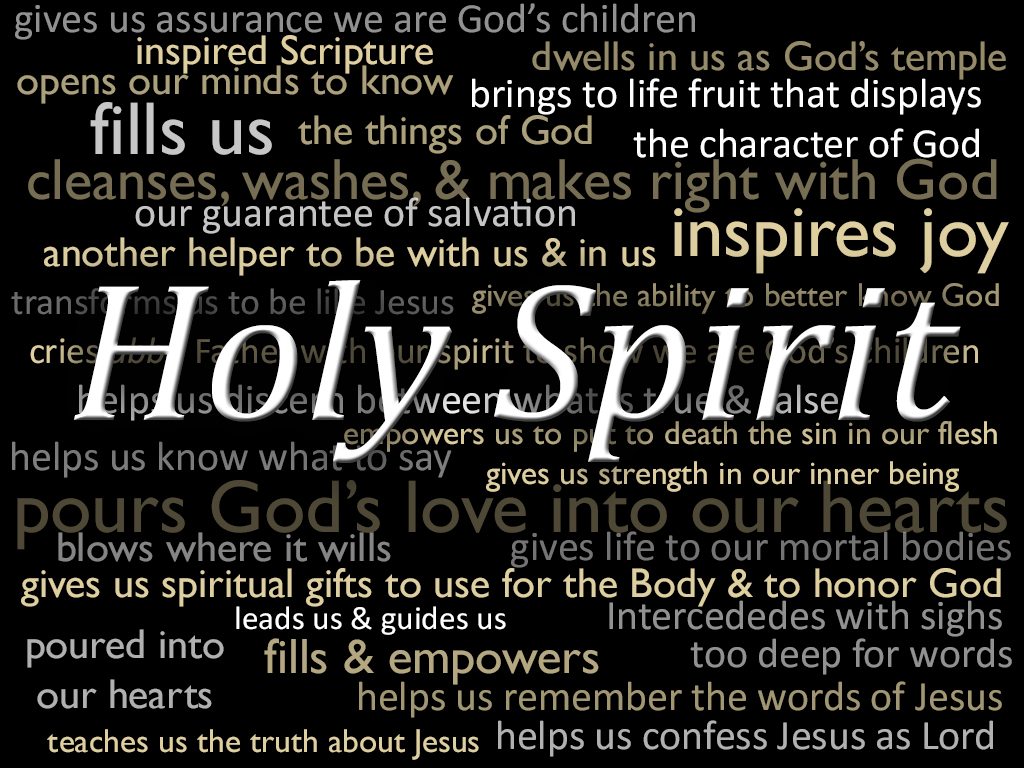
Why bother to study Church history? For the same reason we study World History and American History and human history in general – to know where and whom we came from and to learn from their successes and failures. The early centuries of Christianity were exceedingly fruitful. We need to discover again their “secrets” to success.
The most obvious secret is their deep conviction that the gospel was true. That man was condemned and had no hope of rescuing themselves. That Jesus, the Son of God came from heaven to earth as a baby, grew to a man who lived a perfect sinless life and died, taking the sins of all mankind with Him to the grave. That He rose again, appeared to hundreds of people, and ascended to the right hand of God in heaven. Those who believe the gospel to the marrow of their bones will declare it. They can’t help it – it just bubbles forth like lava from a volcano.
Another insight we gain from church history is the practical expression of love among Christians. They took to heart Jesus’ command to “Love one another as I have loved you” (Jn 13:34). It was a different kind of love – a selfless, generous, genuine love that stood out in the world. Tertullian said that the pagans remarked, “See how these Christians love one another.” Christians who were filled with the love of Christ expressed that love in practical ways within the church and without.
And strangely, persecution watered the soil of many souls. Huge crowds gathered to watch Christians meet their death in the colosseums of Rome, drawn by the thrill of blood and gore. But the courage, faith, and Joyful disposition of the martyrs pierced their own hearts so that many of the onlookers came away as believers in Jesus Christ.
Now look at the witness of the church today. Are we still convinced that the gospel is true? Are we living out the command of Jesus to love one another? And what of persecution? Here in the U.S., it is largely a minor matter, but in other places in the world, it is life and death. In either case, how we respond to persecution can speak louder than anything we say. And we dare not leave out the presence of the Holy Spirit who is the power behind it all. Are you filled with the Spirit, Beloved? Then be bold, be loving, and be brave. The lost world is watching. Be a witness to someone today.









